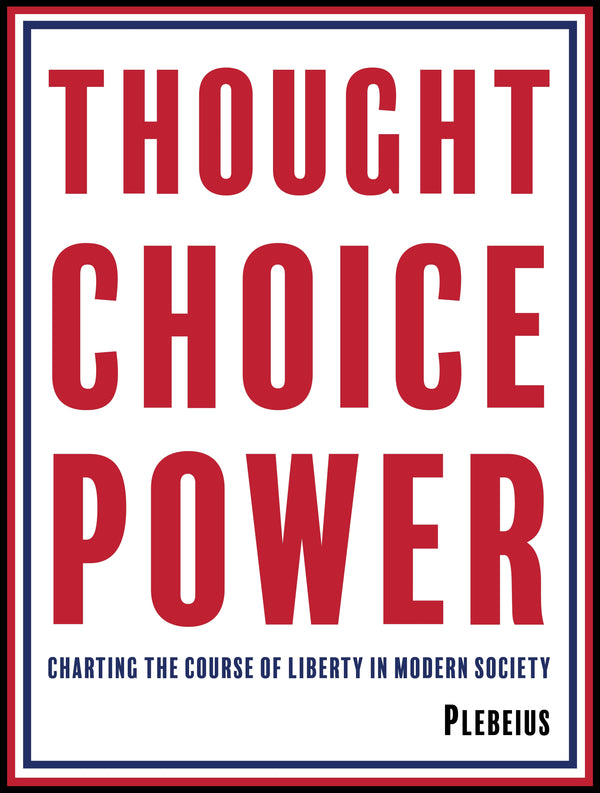Midwest Book Review
D. Donovan, Senior Reviewer, Midwest Book Review
Thought Choice Power is a sociological survey that holds special and important applicability to modern-day politics and social conditions, and thus comes highly recommended for readers of political, governmental, and social affairs who would choose this book for its intense discussions on leadership, political ideals and processes, and the power of developing guiding principles that lead to better choices.
What causes society-wide meltdowns? What would our country’s past leaders think about present-day events? And how can individual thought translate to actions that result in better options and choices?
These questions and more form the crux of a survey that rides a heady wave of history and psychological discovery. These elements will prove perfect for readers who are given to inquiring minds and examining ideals of happiness, safety, and the foundations of the “more perfect union” that America’s founders envisioned.
At this point, it should be noted that capitalization is employed to identify major players in these political and social games. This may disturb followers of proper English grammar, but adds emphasis where it’s needed and reveals the power of language in the bigger picture of examination:
Are We not yet familiar with how those starved for Power carry out their business? Time it is for us to acknowledge how the various Creatures of Control use disputes to turn our attention away from their actual plans because they have proven themselves eager to divide us into more manageable groups far less likely to be concerned with any idea involving “the perfection of policy”. In other words, We need open our eyes to the fact that the Creatures of Control understand humanity’s intrinsic desire to organize around shared interests, habits, and lifestyles – they realize We are instinctively tribal, and they always stand ready to push the buttons, flip the switches, and turn the knobs of fear and distrust.
As relationships between understanding, status quo, and the logic of Thought and Choice are explored, book clubs and classrooms will find plenty of material for debate and discussion as the history and social survey unfolds.
Libraries will thus find Thought Choice Power of special interest and importance to developing collections strong in examining social and political ideals with an eye to pointing out underlying assumptions, relationships, and, ultimately, strategies for change. By reviewing the history of such developments, Thought Choice Power creates new opportunities for social reflection which are especially highly recommended given the atmosphere and events of modern life in America.
